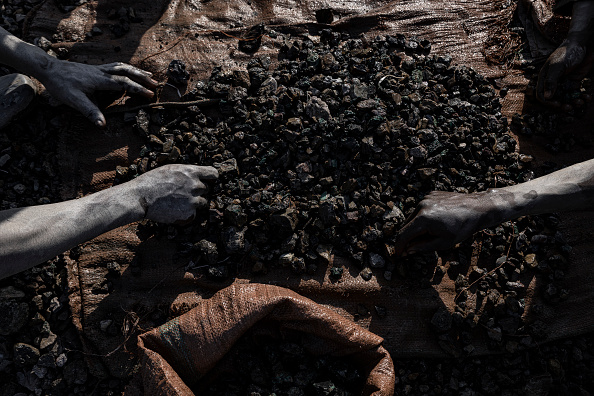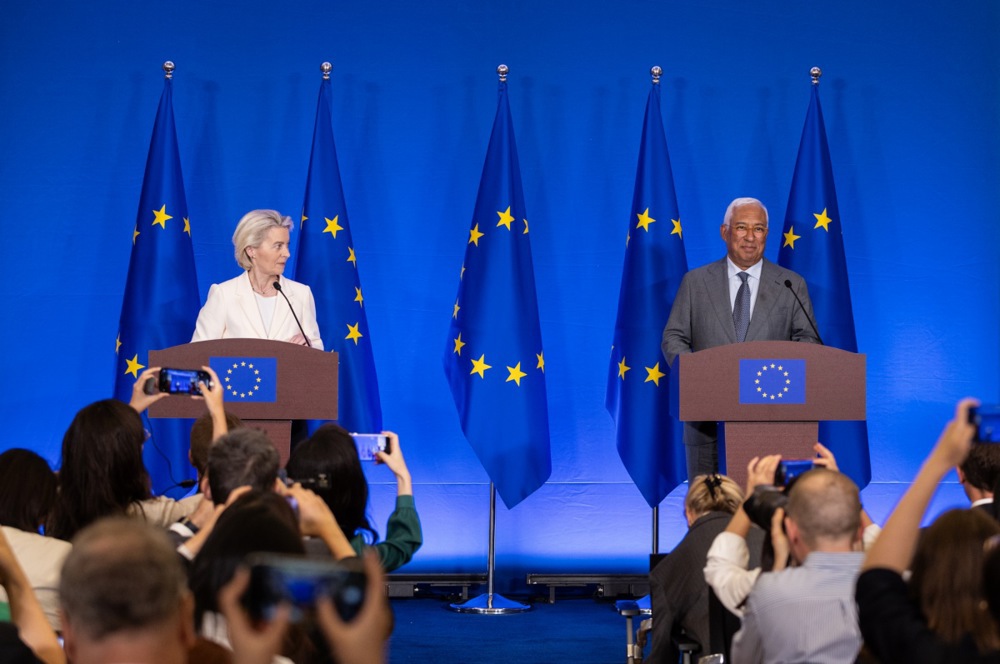China’s export squeeze on rare earths is sending shockwaves through European industry.
European firms are struggling with shortages after Beijing tightened export controls, causing factory delays and stoppages across key sectors.
Carmakers in particular have been forced to slow production, while chipmakers have appealed directly to Chinese authorities, according to Reuters on September 17.
The move began in April, when China placed seven rare earths and permanent magnets on its export-control list. Companies must now secure licenses to export, slowing flows out of the country.
According to Bloomberg today, rare-earth shipments collapsed soon afterwards, even as China’s overall exports reached record highs.
The restrictions hit hardest in rare-earth magnets, where China controls about 90 per cent of global production, disrupting industries from electric vehicles to wind turbines.
Rare-earth magnets are powerful permanent magnets made from alloys of rare-earth elements, primarily neodymium and samarium-cobalt. They are the strongest type of permanent magnet available.
China’s timing highlighted how Europe has been drawn into the confrontation between Washington and Beijing.
The export curbs followed tariffs announced by US President Donald Trump, with both sides now wielding strategic resources as leverage.
Holger Görg, director of international trade research at the Kiel Institute, told a Brussels conference yesterday that such restrictions should not be viewed in isolation.
“What are the implications of us restricting trade with China? We are not enough concerned about it,” he said.
Görg added that “these links are there, trade flows are interconnected among each other”, underlining how decisions taken in Washington and Beijing reverberate through Europe.
European Union officials acknowledge the scale of the exposure.
Outi Slotboom, director for supply chains at the European Commission, told the same event that “in more than 50 per cent of the cases, vulnerabilities and dependencies are caused by China.”
She said the EC had intensified efforts to strike trade agreements and diversify suppliers but admitted that disruptions from China were already shaping costs and supply security in strategic sectors.
A September 8 EC economic analysis stressed that the EU was almost entirely reliant on China for heavy rare earths, while light rare earths also come overwhelmingly from Chinese producers.
The study pointed out that recycling and substitution rates remained low, which limited Europe’s ability to adapt quickly. It said the immediate consequence were higher costs and weaker competitiveness for EU firms, with investment decisions being delayed in sectors ranging from automotive to renewable energy.
According to the analysis, Europe’s exposure is aggravated by its structural trade position. The report noted that trade in goods remains dominated by deficits, while surpluses in services are insufficient to offset vulnerabilities in critical inputs.
It underlined that shocks in rare-earth supply not only increased costs but also undermined broader industrial strategies, feeding through to Europe’s growth outlook.
Slotboom said the EC was prioritising more agreements with close neighbours and candidate countries but acknowledged the trend is for reduced trade with partners outside such frameworks.
“These supply chain disruptions have pushed the Commission to sign more agreements, we try to intensify our work with our partners across the globe,” she said.
Brussels has revamped its agreement with Mercosur and is reviewing its deal with Mexico to tighten standards and accelerate implementation.
The EU is also pushing to conclude new or deeper trade agreements with India, Indonesia, Singapore, Vietnam, Japan and others. The bloc sees these partners not just as markets but as strategic bulwarks to reduce dependency and maintain leverage in the face of mounting China-US rivalry.





